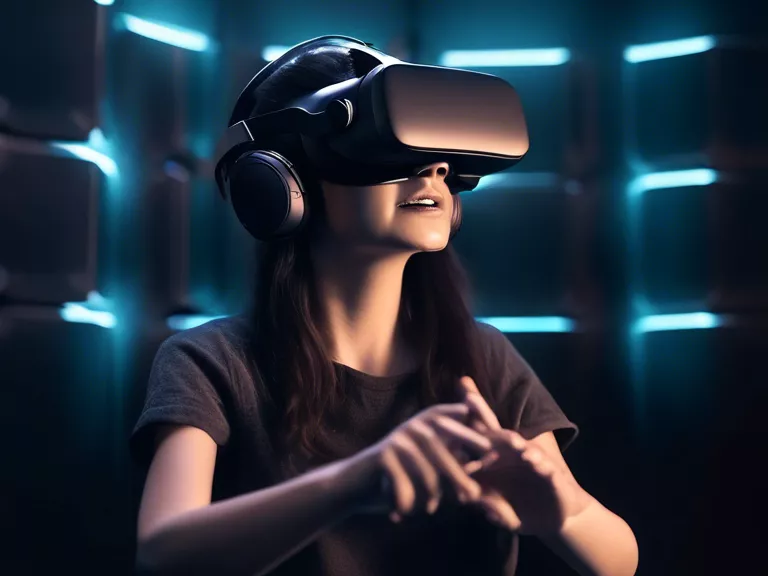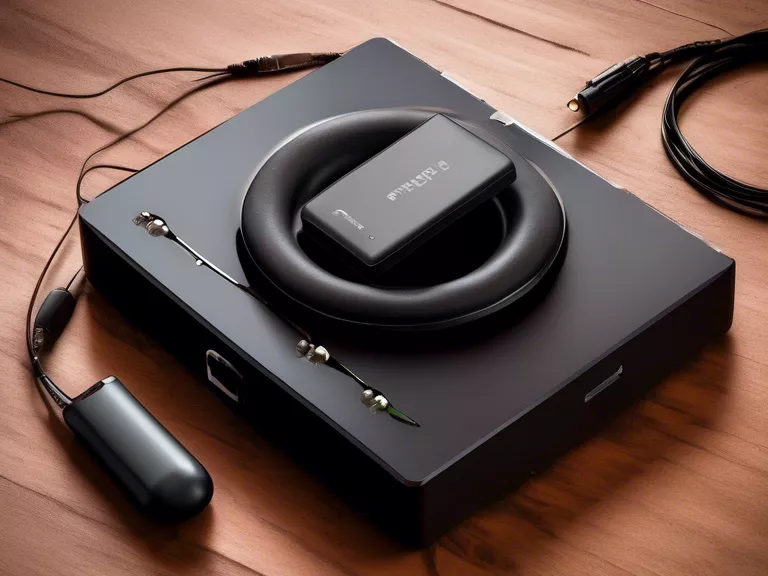
Virtual reality technology has come a long way in providing immersive experiences for users. One of the key components of making virtual reality truly immersive is the audio experience. Traditional stereo audio has limitations in creating a realistic spatial awareness for users in virtual environments. This is where immersive audio comes in, providing a 360-degree sound experience that mirrors real life.
The future of immersive audio in virtual reality experiences looks promising as advancements in technology continue to push the boundaries of what is possible. Spatial audio algorithms are being developed to create realistic soundscapes, allowing users to pinpoint the location of sounds in a virtual environment. This not only enhances the overall immersion of the experience but also adds an extra layer of realism that is crucial for a truly immersive virtual reality experience.
Another exciting development in immersive audio for virtual reality is the integration of haptic feedback. By combining the 360-degree sound experience with vibrations and tactile feedback, users can not only hear but also feel the virtual environment around them. This multisensory approach to virtual reality further blurs the lines between the real world and the virtual world, creating a truly immersive experience that engages all the senses.
As virtual reality continues to evolve, so too will the possibilities for immersive audio. Integrating AI and machine learning algorithms can further enhance the spatial audio experience, creating dynamic soundscapes that adapt to the user's movements and interactions within the virtual environment. This level of personalization and interactivity in audio can take virtual reality experiences to a whole new level, making them even more engaging and captivating for users.
In conclusion, the future of immersive audio in virtual reality experiences is bright, with advancements in technology opening up new possibilities for creating realistic and immersive soundscapes. By combining spatial audio with haptic feedback and AI algorithms, virtual reality experiences can become even more engaging and immersive, providing users with a truly unforgettable experience.



